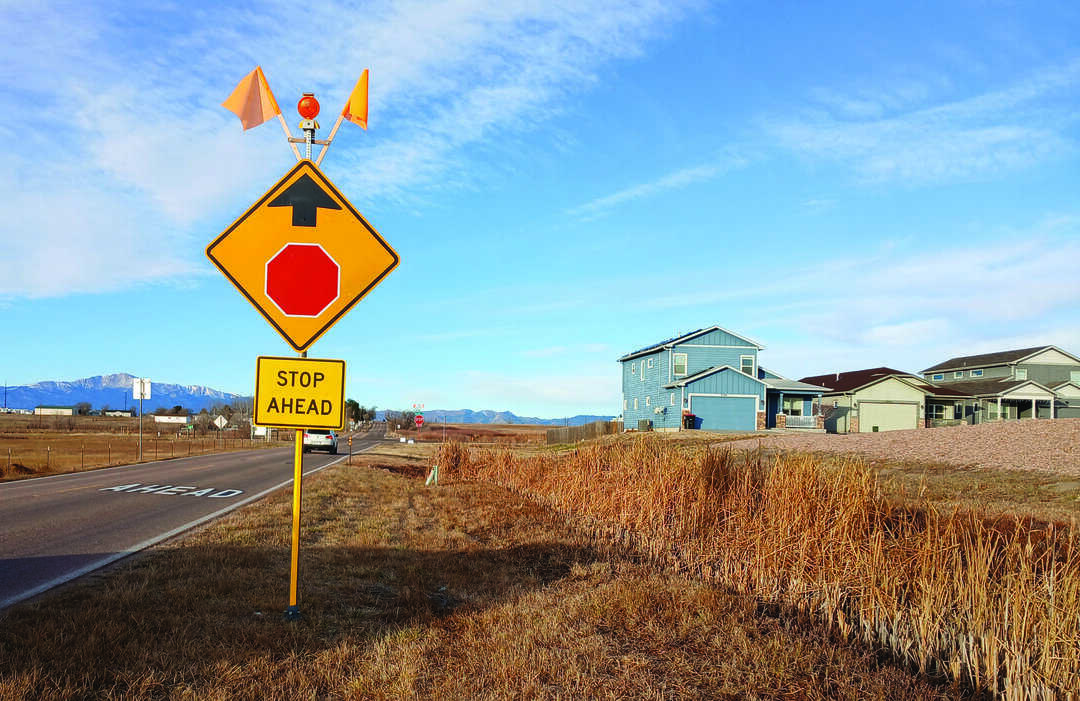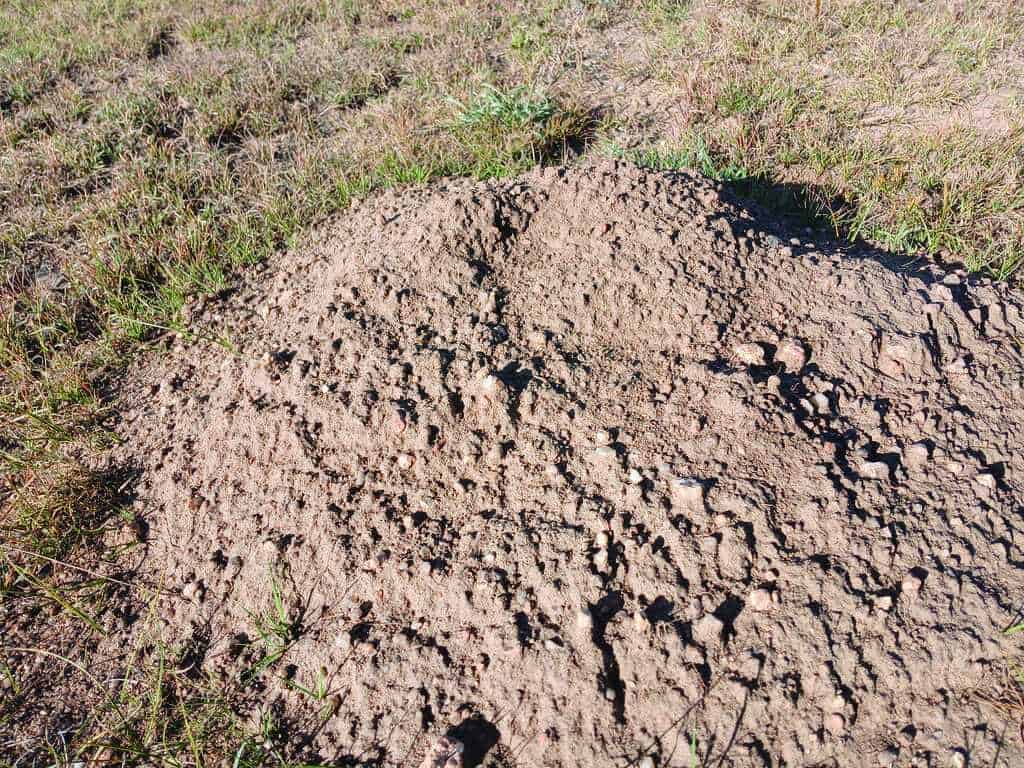Longtime local journalist Bill Radford and his wife, Margaret, live on 5 acres in the Falcon area with ducks, chickens, rabbits, dogs, cats, two noisy parrots, goats and two horses. Contact Bill at billradford3@gmail.com.
The reports of horse neglect and abuse come with an alarming regularity.Last August, seven neglected horses were seized on a property in northeast El Paso County. In November, two horses living on a Meridian Road property in Falcon were seized “due to severe emaciation.” And, in March, 10 horses “in various stages of emaciation” were seized, and two dead horses were found in the 3200 block of Slocum Road.All of those seizures came after investigations by the Rural Enforcement & Outreach Unit of the El Paso County Sheriff’s Office. The latest case is particularly chilling to me because it involves a property I have visited; late last year I watched barrel races that were held inside the giant arena there. The owner, according to a release from the Sheriff’s Office, is facing two counts of felony cruelty to animals and 10 counts of misdemeanor cruelty to animals.The criminal cases reflect only a fraction of the equine cases the rural unit is called to look into. The unit receives an average of six calls a month during the winter months from people reporting possible horse neglect or abuse, said Sgt. Ray Gerhart, who heads the unit. The calls slow down some during the summer when the pasture grass is green and available for foraging.About 80 percent of the cases “are just not candidates for formal investigation,î Gerhart said. The horse may be fine or may be underweight but not dangerously so. At times, a deputy may suggest that the owner bring in a vet and get advice on a feeding regiment; if the owner is struggling financially, the suggestion might be to surrender the horse to a rescue group. If those suggestions are rejected, “We’ll keep coming back to check on the status of the horse,” Gerhart said.Trouble comes when a novice jumps into horse ownership without research, Gerhart said. “I’ve got 5 acres, I need five horses” is the thought, he said. Often, a horse’s struggles reflect the owner’s lack of understanding concerning dietary or medical needs. “A lot of times it’s ‘he’s old, he’s 26.’ That can have somewhat of an impact on an animal, but not to the point where the body is going to start consuming muscle because they’re devoid of fat.”Others have the wrong idea of what a horse can survive on simply by grazing, without any supplemental feed. “I’ve heard people tell me, well you can graze 2 acres per horse,” Gerhart said. “Maybe in Illinois, not here. You’re not going to sustain an animal, particularly not in the winter.”At times, weight loss in a horse may occur so gradually that the owner doesn’t notice, Gerhart said. “You don’t realize it’s losing weight because you see it every day. It’s kind of like when you see a grandchild or a niece after two years and they’ve lost weight or they’ve gained 2 inches, you’re like wow,î he said. ìSo a person that drives by every once and then might see that weight loss where you’re almost blind to it.”Gerhart said poor foot care is an easily seen sign of neglect. “When a hoof starts to curl up, well, nobody has ever seen a Roy Rogers or John Wayne movie where any of the horses have elf feet. A layperson can see it,î he said.Proper care isn’t cheap, he acknowledged. “I dole out 50 bucks a horse every six weeks to my farrier for horses I don’t even ride, but that’s what you do.”The cases that result in a criminal investigation typically require a huge investment of time and resources, Gerhart said. “We’re getting monthly reports from the boarding facility, monthly veterinary updates from the boarding facility. Plus, we’re having to do additional follow-up, especially when people are boarding horses for others; then we have to track those people down.”In hopes of seeing more horses thriving, Gerhart encourages horse owners to look to the Rural Enforcement & Outreach Unit as a resource.”People can call us if they want advice or pointers,” he said. “We are not in the business of taking animals; we try to avoid that at all costs. But if people move out here and they’re ‘hey, I saw this and I want to make sure this doesn’t happen to me, can you come out and assess what we’re doing,’ we’ll do it for free and try to give you some pointers.”(Phone numbers for members of the Rural Enforcement & Outreach Unit are listed at epcsheriffsoffice.com/contact/phone-directory. Sgt. Gerhart’s number is 719-235-1852.)





